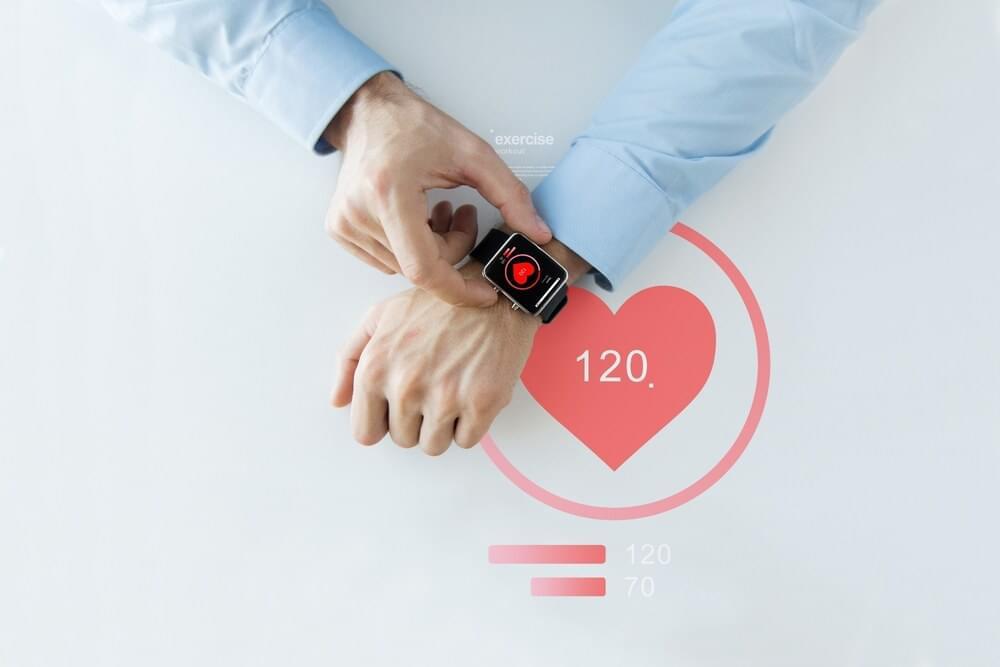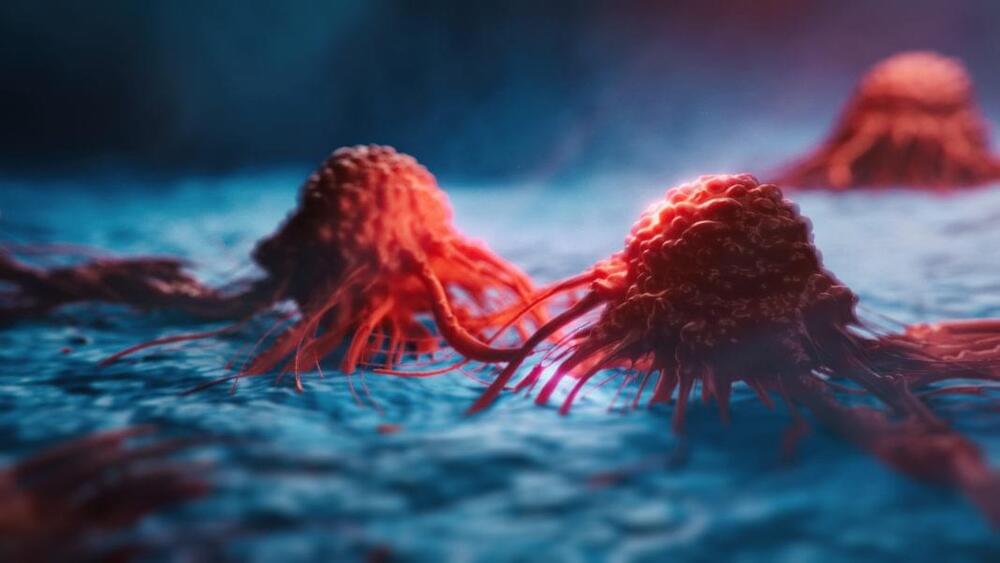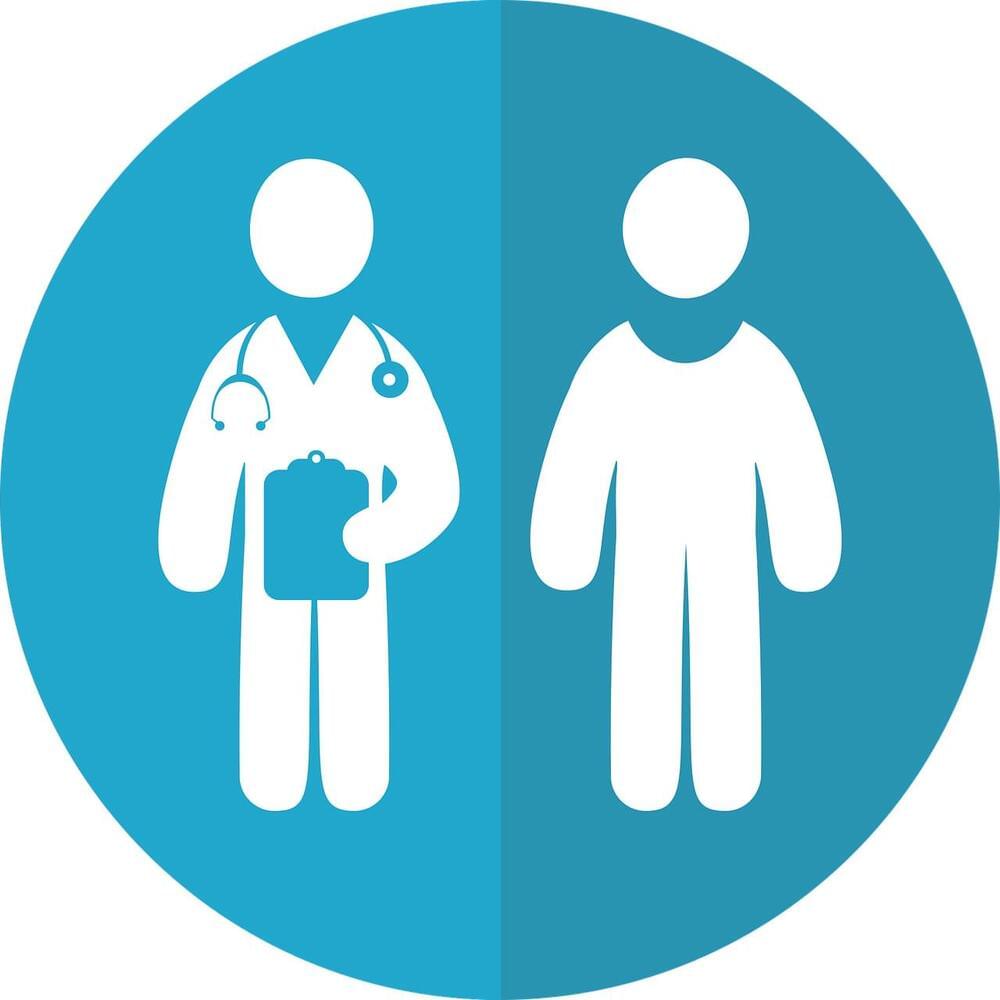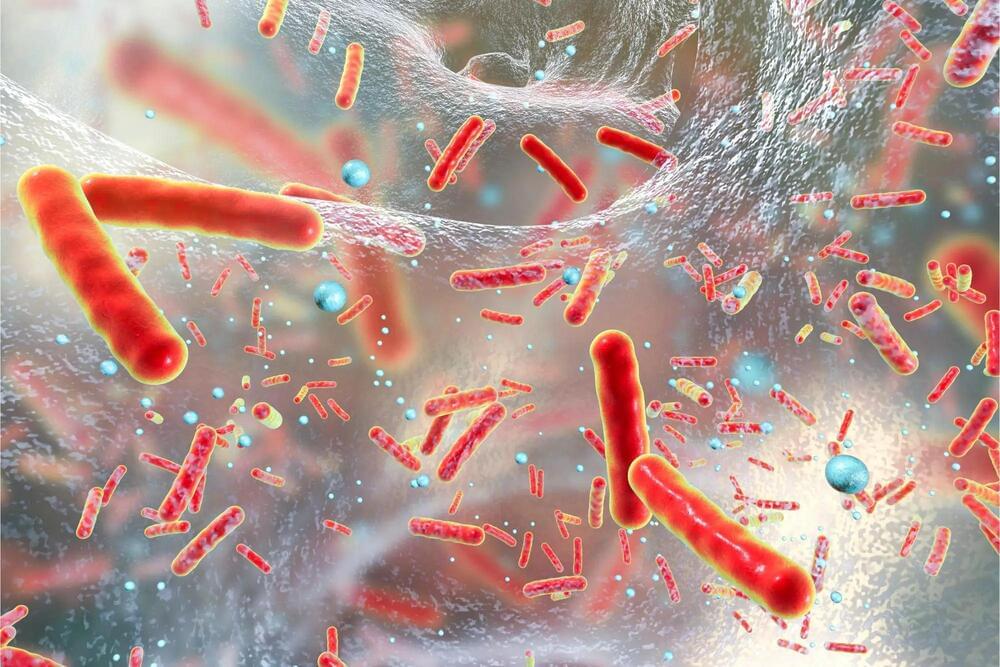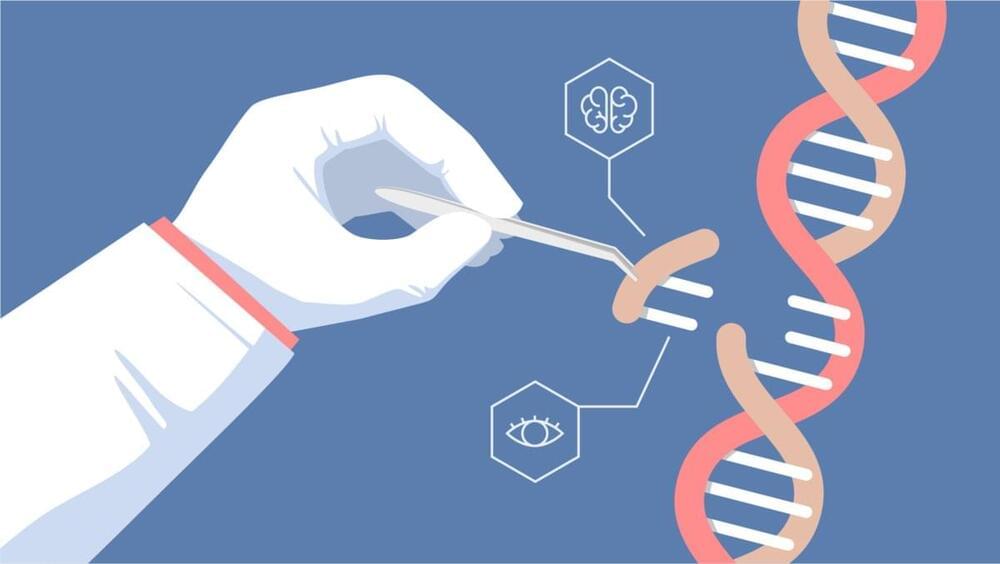
For many people, when they hear China and genetic engineering in the same sentence, it is often synonymous with scandal, and gene-edited babies may spring to mind.
And, although it is true that nearly five years ago, researcher He Jiankui infamously claimed he had created the first ever gene-edited babies, before going to prison for three years, China has continued to pour a lot of money into genetic engineering research, and aims to become a global leader in the field.
“The accumulative amount of financing in the gene therapy field in China has exceeded $3.3 billion. Also, according to a Frost & Sullivan study, it is estimated that by 2025, gene therapy will reach a scale of nearly $17.89 billion in China,” said Fiona Gao, founding partner of Chinsiders.


